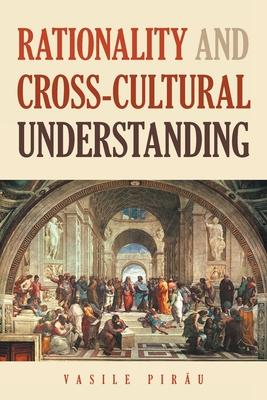Rationality and Cross-Cultural Understanding explores in what sense rationality secures the ground for the possibility of cross-cultural understanding and questions what kind of understanding, if any, can be valid across cultures. A review of the merits and shortcomings of different relevant philosophical answers to these questions may reveal to an inquisitive mind why it is meaningful to raise them. The book examines the relativist challenges posed by recent upheavals in postanalytical and postmodernist philosophy. In this respect, it offers a comprehensive analysis of arguments regarding the possibility of understanding other cultures and scrutinizes the nature and the relevance of rationality for such understanding. This is a debated issue in the philosophical tug of war of adversary claims arguing over the relevance and meaning of problems that arise in the clash of cultures in multicultural societies, though we may notice that these disputes repeat battles fought long ago.

Rationality and Cross-Cultural Understanding explores in what sense rationality secures the ground for the possibility of cross-cultural understanding and questions what kind of understanding, if any, can be valid across cultures. A review of the merits and shortcomings of different relevant philosophical answers to these questions may reveal to an inquisitive mind why it is meaningful to raise them. The book examines the relativist challenges posed by recent upheavals in postanalytical and postmodernist philosophy. In this respect, it offers a comprehensive analysis of arguments regarding the possibility of understanding other cultures and scrutinizes the nature and the relevance of rationality for such understanding. This is a debated issue in the philosophical tug of war of adversary claims arguing over the relevance and meaning of problems that arise in the clash of cultures in multicultural societies, though we may notice that these disputes repeat battles fought long ago.